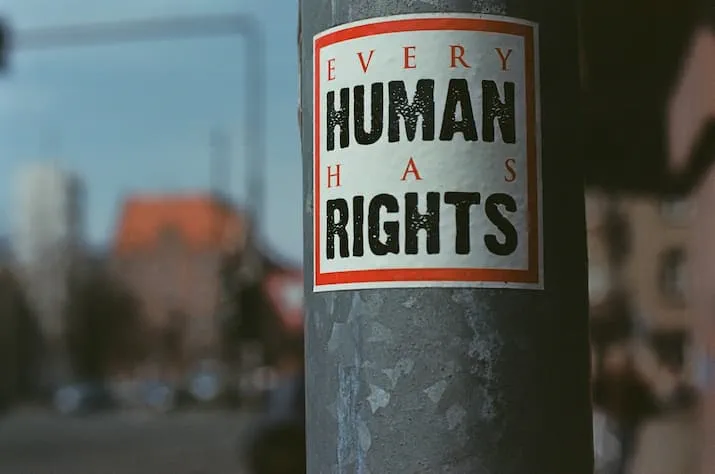An introvert’s guide to networking
Success isn't reserved for the extroverts of the world. Learn how to break down barriers, gain recognition, and be your best.

Nothing sends shudders down an introvert’s spine quite like the word “networking”, but it doesn’t have to be that way. You can still build a great network even if you’re not a social butterfly.
There’s a limit to what we can accomplish by going it alone in today’s interconnected world, and a great set of contacts will keep you informed, help you find jobs, uncover marketing opportunities and create new friends and mentors.
But if you’re kind of a private (dare we say mildly antisocial) person, then even minor events such as business breakfasts can be a major source of stress and anxiety. If that’s a barrier to building your network, then try these ideas instead.
What are friends for?
Your friends and family are already your social network and your biggest support system, and they’re generally happy to help when asked.
Whether you’re on the hunt for a new job, potential customers, or contacts in a specific field or company, let your friends know you’re looking. Many of the best jobs never even make it to recruitment websites because they are filled by people referred through personal connections.
An introduction from a person who knows you personally carries added weight because from the perspective of your potential new contact, you’ve already been cleared as someone trustworthy.
Reaching out beyond your inner circle to long-lost friends and former colleagues can yield a surprising depth and variety of good contacts—in fact anyone you know, from your neighbours to people you play sport with or your hairdresser, is potentially a source of useful introductions.
Declare your intentions
Yes, it can feel a bit weird to network within your social circle, and it’s important to be careful not to be seen to be abusing people’s trust.
If you’re reaching out to a friend for a reason other than friendship then it’s best to be up front about it. There’s nothing worse than agreeing to meet up with someone for a drink only to find they had ulterior motives, wanting to ply information from you.
When a friend agrees to help you, you can make things easier for them by offering to write a brief message about yourself that they could edit and send on.
And afterwards, make a point of telling them what the outcome was, and saying thanks.
500 million reasons to love LinkedIn
Social media site LinkedIn makes networking easy. With over 500 million users and 250 million monthly active users, it’s also a great way to stay up to date with the latest developments in your field and share information with others. And if you’re looking to hire or be hired, it can even replace traditional recruitment entirely.
Get started by creating your LinkedIn profile and ensure that it showcases your skills and portrays you as a polished professional— think of it as a digital business card.
Your email and phone contacts are a great place to start building your LinkedIn network. The site’s advanced search functions make it easy to find people on a range of levels including location, company, past employers and schools, industry and interests, and then invite them to connect with you.
Multiplying opportunities
Each time you make a new connection, you also gain access to that person’s publicly available connections too and you can then invite them to connect directly with you, opening up even more networking opportunities.
Groups are a really powerful LinkedIn networking feature in LinkedIn, as they give you access to huge numbers of people interested in the same topics as you.
Do a little research on the thousands of groups available, and choose ones related to your fields. Look for groups that have lots of members and activity.
Once you’re up and running on LinkedIn, it’s important to keep nurturing your network. Create and share your own engaging content, or share content from other sites, and like and comment on other LinkedIn posts that you find valuable. And keep yourself visible to the people in your brand community by providing status updates on a regular basis.
Fake it ’til you make it
Without a doubt, you’d much rather stay home with Netflix. But like it or not, some social events simply cannot be avoided, so it’s always a good idea to have an emergency mingling toolkit ready.
Prepare an ‘elevator pitch’, a 20 to 30-second sound bite that explains who you are and what you do. You can easily expand upon or shorten this ‘pitch’ as needed. Practice a few small-talk points and conversation starters too.
It really helps to act extroverted, even if you’re all butterflies inside. So smile, walk to the centre of the room and start shaking hands, and you’ll be surprised by the results. Ironically, introverts often make the best networkers because they’re good listeners.
Whether it’s online or face-to-face, time spent building your network is a great investment, and like all great investments if you get started early, it will continue to grow and pay dividends over your whole career.
As Alexander Hamilton would say “Do not throw away your shot”.
Browse thousands of courses from leading Australian universities.
Or complete the form on this page to chat to an advisor about study options.



